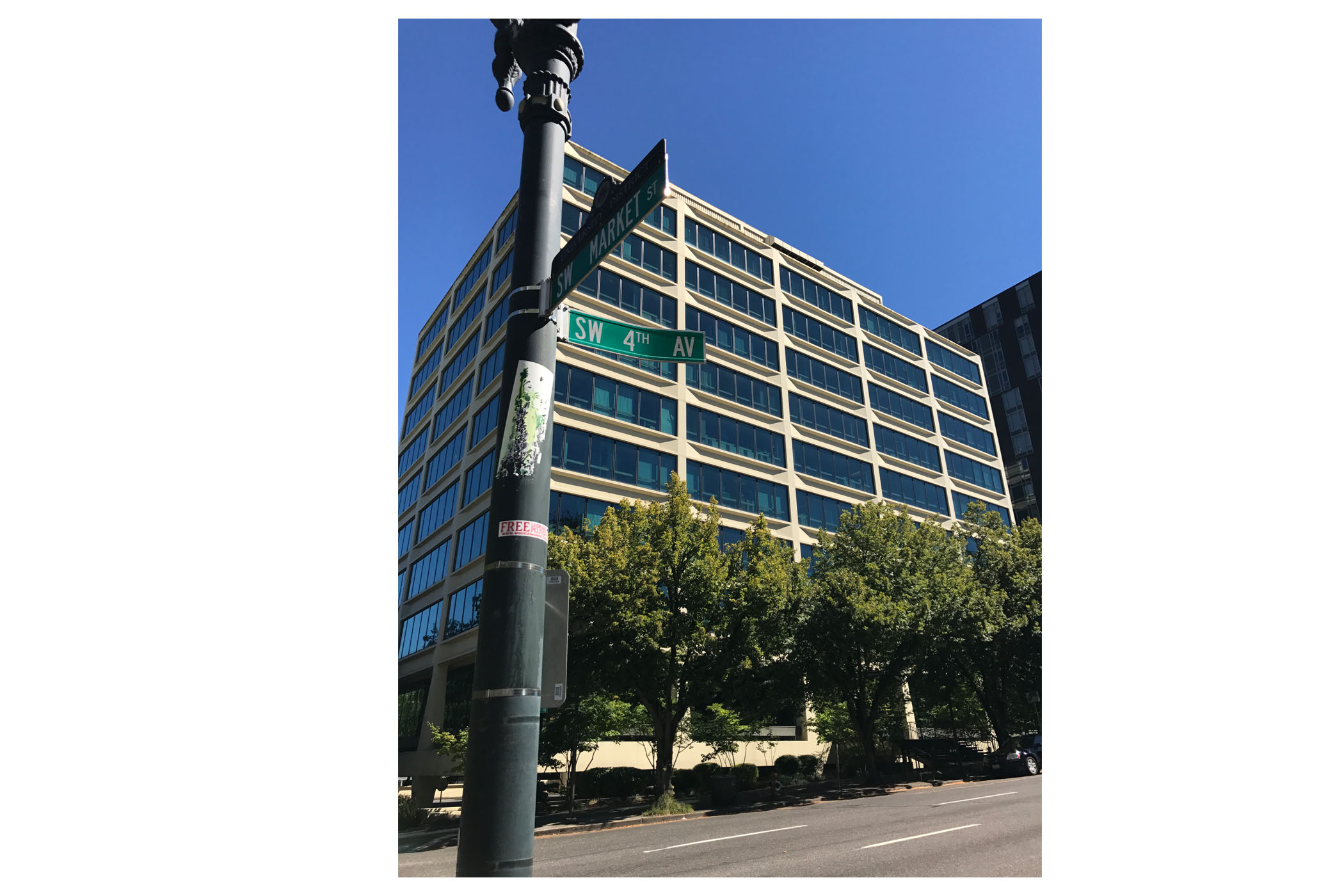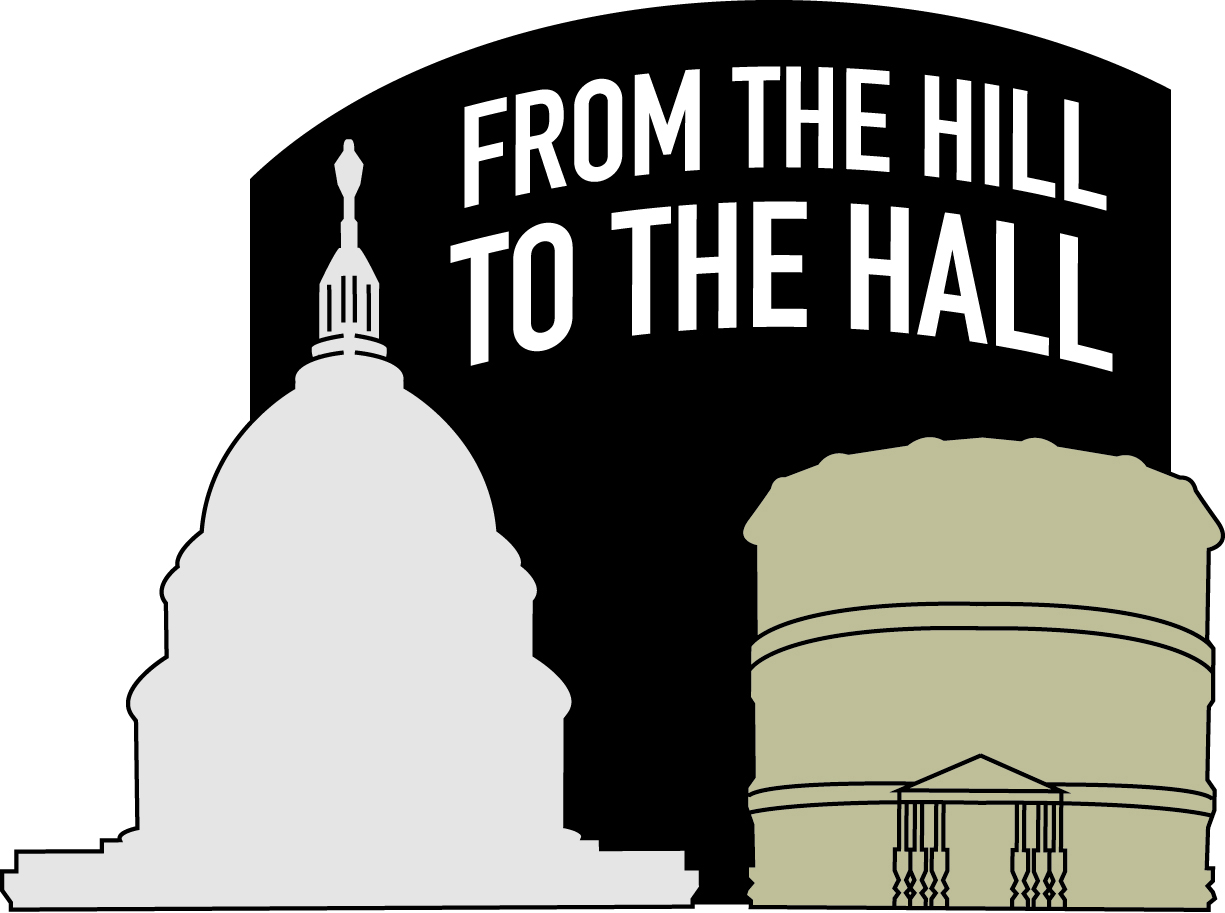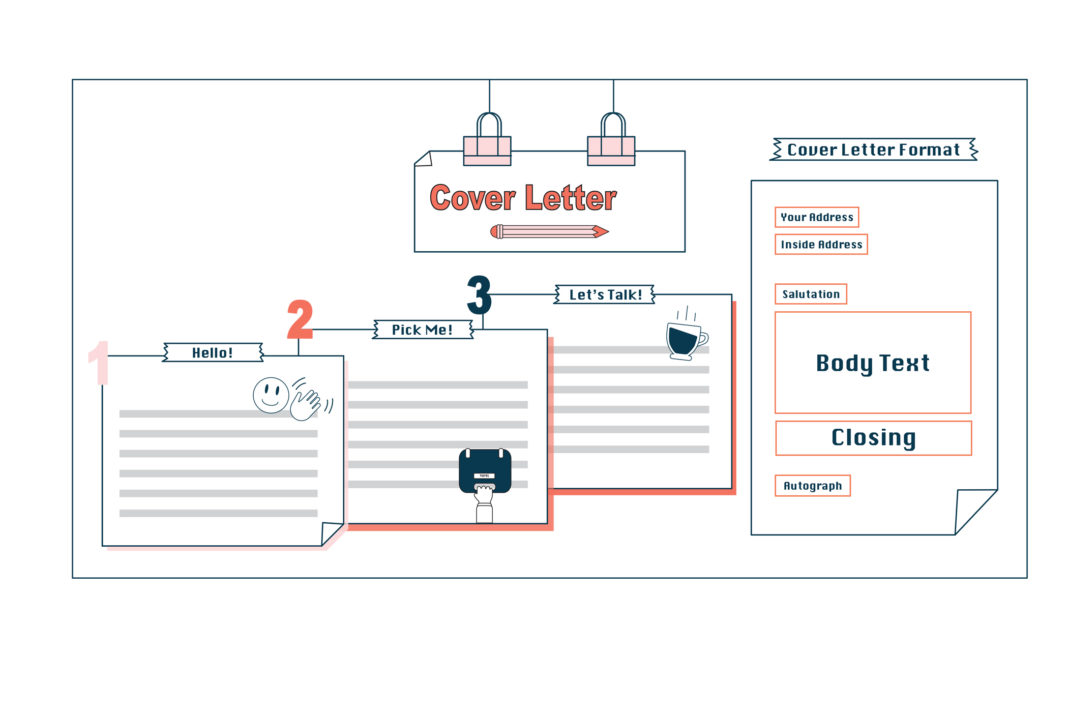Thirty student workers are now left without jobs after being informed on June 8 the PSU Foundation cancelled the Telefund program, a call center in which student workers could talk to alumni and friends of PSU about current events on campus and ask for annual gifts.
Within a week of the cancellation, Telefund was indefinitely removed, leaving students without a job a week before the end of spring term. Gifts acquired through Telefund would go to the PSU general fund, or donors could select a specific department.
Telefund organizers have not yet released a public statement about the cancellation. Olivia Daniels is a student and former employee who has worked for Telefund since October 2013.
“What we’re getting is that they’re following in Stanford’s footsteps because Stanford cut their telefund last October or September,” Daniels said. “Ours was done so fast. They said it was the fastest time they’ve ever shut down a call center. At least that’s what Meagan Bataran told us.” Bataran is the former director of Annual Giving for the PSU Foundation.
Another student worker, Emily Pieper, has worked for the Telefund the past two years. She also felt “blindsided” by the announcement.
“They just offered nothing whatsoever as an explanation,” Pieper said. “There were a lot of people there who were wondering why and if there were any alternatives for us because the Telefund was the biggest on-campus employer that didn’t require work-study for students. I don’t think they realized how it was a lifeline for a lot of students.”
On June 14, former employee Delaney Bigelow and Daniels took to Twitter to confront the PSU Foundation directly and voice their concerns over the cancellation.
“We had somebody try to reach out to us via email because people like Delany and Olivia were on Twitter and bombarding the PSU Foundation Twitter,” Pieper said. “Because they caused such a big ordeal online, we were sent emails that said we could meet in person if we had any questions and stuff like that, but, yeah. They only wanted to start addressing it once we started making noise about it.”
A week later on June 23, Tom Bull, executive director of Alumni Relations, sent an email to the laid-off students to outline the reasons behind the cancellation. Bull’s email also referred students to Advising and Career Services and to Handshake for students and alumni.
“He said, quote, ‘Colleges and universities around the country are moving in the same direction,’ but I don’t think that’s true,” Daniels said. “I think that’s something they’re trying to tell us. Because even me just trying to research on my own, the only university I could see was Stanford.”
“I can understand why [Stanford] shut their call center down,” Daniels continued. “They were getting, for every three people they called, one person was getting removed from their call list, which is very high. That is not happening at our call center.”
According to William Boldt, chief executive officer and president of the PSU Foundation, the final decision was made in May to coincide with the ending of their contract with RuffaloCody, the company through which the Telefund was run and supplied with equipment.
Boldt explained the Telefund had begun to function as a “break-even operation,” and the decision was made in favor of more “efficient” and “appropriate” methods of soliciting donations.
“In the ’90s, we had about 4,000 individuals who gave through the fund, and now in 2017 we have 800,” Boldt said. “People don’t like to be called and unfortunately you have to call them in order to get them after work, so you’re interfering with dinner and you’re interfering with other plans. I look at my children who are in their 30s and 40s and they’re busy. They don’t want to be interrupted by phone calls, so we’ve had a number of people—over 3,000 people—ask not to be solicited.”
Contrary to Boldt’s assertion, former student workers felt the Telefund wasn’t “turning off” donors and was an overall positive experience with very few do-not-call requests from alumni.
“It sounds like they were getting an overall negative response from their alumni, but we weren’t at all,” Daniels said. “We were getting lots of good things, we were getting people who give continuously who were expecting our phone calls each year to give, to people who want to hear about what’s going on at the university. And then, you know, we would get some people who didn’t want to.”
According to Boldt, the decision was also made over a seven-month period in which the PSU president had no direct involvement.
“[The president] trusts us to raise the money for the university and he’s retiring right now, and so this was a decision that was made in June,” Boldt said. “We’re in transition to a new president, he’s on vacation so it didn’t seem relevant to do that.”
“I do communicate with [the president] on a regular basis, we have a great relationship,” Boldt added. “I do not believe he had personal knowledge of this. And, knowing Wim well, I’ve worked with him for a year, I’m sure he wouldn’t have a problem with this.”
According to Daniels, Telefund finished the academic year by raising $250,000, which was under their goal of $300,000. Last year, they raised around $290,000.
“I do want to know where they think this funding is going to come from this year without us personally being there to call,” Pieper said. “I would talk to people and ask for a hundred dollar pledge and then we would get to talking and it would be bumped up to $350 easily. It was very common to talk to people and get them to bump up their gift by having a conversation with them.”
Boldt said the PSU Foundation’s new approach will include a heavy focus on direct mail, crowdfunding and social media, as opposed to phone calls.
“We’re going to take the 800 donors that have been giving and we’re going to connect with them via direct mail,” Boldt said. “Most likely, the higher level donors who were giving above, say, $500, we will connect with through phone call and say thank you and let them know we’re not going to have the Telefund any more. The bigger ones we’re happy to call on a regular basis. We want to find out what their preferred communication is with them and then do a lot more with direct mail because it’s not as intrusive.”
Boldt also expressed that he “felt badly” for the 30 students who lost their jobs and hopes that he can find a way to still involve them in the foundation.






